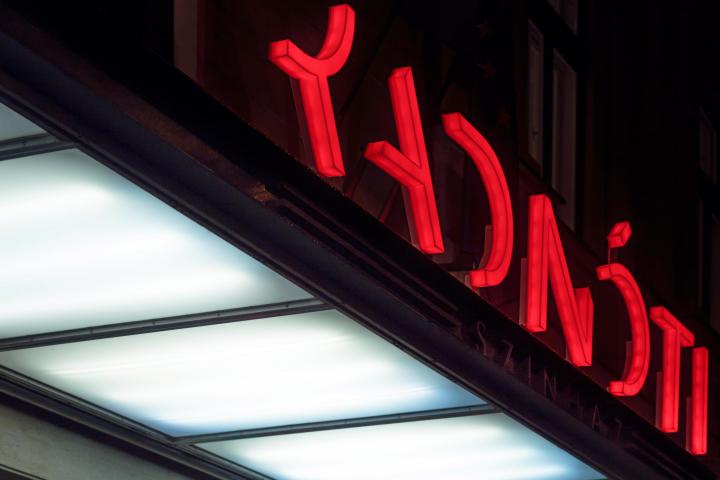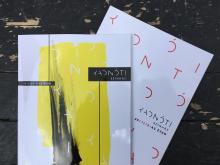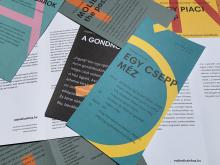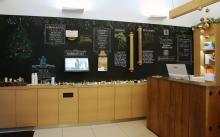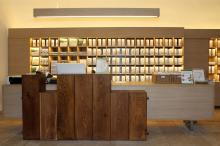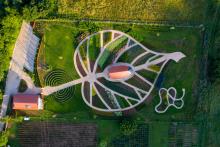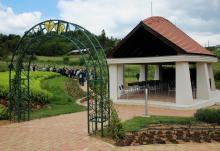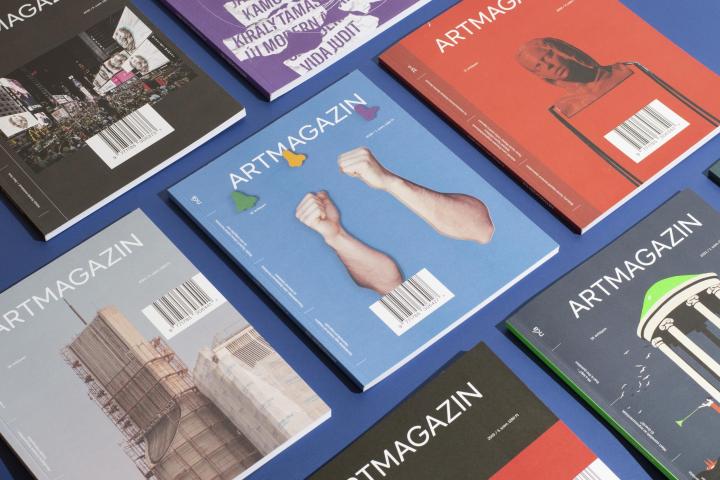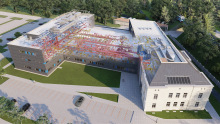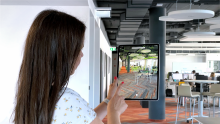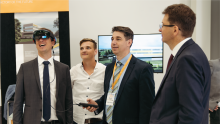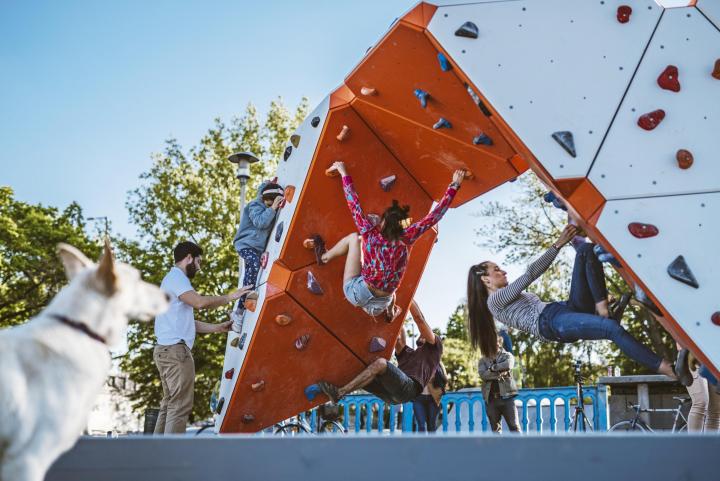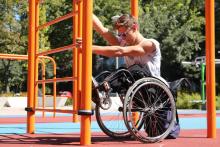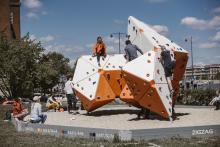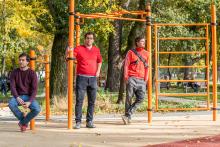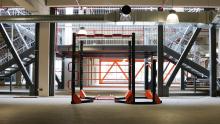Winner of the Design Management Award 2021
Award winner
RADNÓTI MIKLÓS THEATRE
Jury statement:
In 2016 the Radnóti Miklós Theatre renewed its visual identity, through which the then new management laid the foundations for a radically different communication strategy. The objective of this change was not merely aimed at aesthetically improving the external appearance of the institution. The development, which has been consistently carried out since then, now extends to all the communication interfaces of the theatre and supports its diverse activities. One of the strengths of the project worth highlighting is that the visual identity is integrally built into the institution’s system of activities, thus going beyond a primary communication role and operating as a veritable functional tool to contribute to the theatre’s cultural mission, while even complementing it on an equal footing as a sister art. An important and valuable recognition and commitment is conveyed by the concept: “We see design as an opportunity.”
Additional strengths of the project include its overall high artistic quality, progressive approach and consistently applied innovative vein. This was achieved thanks to the work of the artists with different characters who were called on to participate in the project and coupled with a strategically applied design management concept to produce a complex user experience. The visual elements appearing on the communication interface represent high artistic quality on their own, as autonomous works, but the main surplus is the colourful and varied overall image underpinned by a common goal. This image has now become the Radnóti Theatre’s special trademark and conveys a contemporary and progressive way of thinking based on strategic development and the cooperation of artists who understand and respect each other.
RADNÓTI MIKLÓS THEATRE NONPROFIT LTD
In its current form Radnóti Theatre has been open to audiences since 1985 and today it is counted among the top theatres of Budapest. A new chapter opened in the history of the institution in 2016: András Bálint was followed in the director’s chair by Adél Kováts. The new director introduced a new dynamism as well as a renewal in content and form too, all built on the existing foundations of values. The repositioning was aimed at creating a theatre with an open horizon, with a sensitive eye for social issues along with reaching out to an audience of young intellectuals more effectively than before. One of the elements in realising this goal included the opening of the Radnóti Tesla Lab, which is the institution’s second, alternative venue and as such one of the most inspiring places of creativity and new paths. The new objectives were coupled with a new identity to ensure that the theatre’s mission and image were aligned and allowed it to be a coherent and self-identical 21st-century art theatre on the art scene. The theatre sees design as a kind of dialogue: the content and the use of visual language are in a constant communication, complementing and reflecting upon each other. The identity design is contemporary and fresh, while being committed to lasting value: it appears on the theatre’s facade and webpage as well as in the visual design of the Radnóti magazine – which ensures communication with the audience all year round, thus being of outstanding significance – and other promotional materials.
The basic pillar of the institution’s design management strategy is provided by social responsibility and social sensitivity, which plays an equally important role in the theatre’s philosophy and corporate identity. For Radnóti Theatre, design management is not looked upon merely as innovative products and directly measurable success but rather a brand strategically built up ’from scratch’ over several years, which by now has become an intrinsic part of the public’s user experience.
A theatre’s success hinges on a great many factors. Besides professional work, the repertoire, the actors, directors, other staff members, social responsibility and sensitising the public, it is very much dependent on the identity of the institution, the quality of its communication, its sales strategy and the services linked to it as well as its corporate structure, in other words, a design-centred approach integrated into its day-to-day management. This is acutely true for an organisation with a small target audience and operating amidst fierce competition, in an environment where a unique voice and being distinct from rivals are fundamentally important. The achievements of Radnóti Theatre are remarkable: not only does the institution pay careful attention to maintaining high professional quality, sensitising the public and valuecreation but they also do their very utmost to directly and personally engage with the audience.





